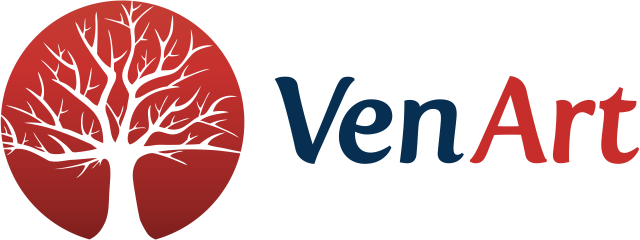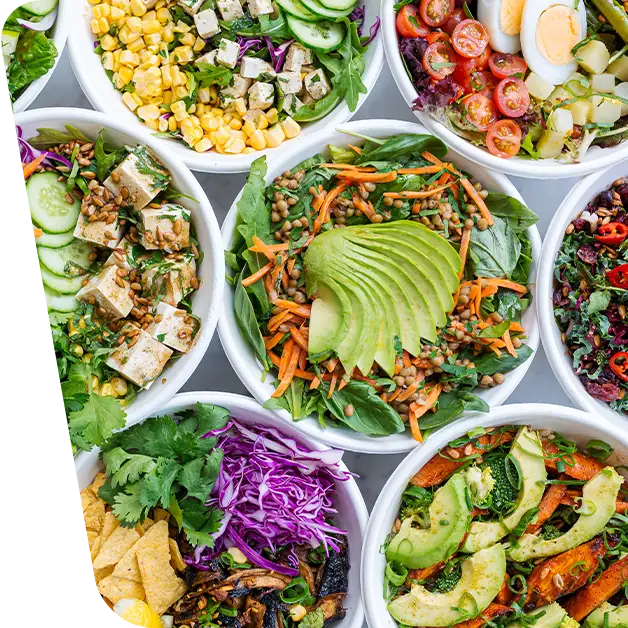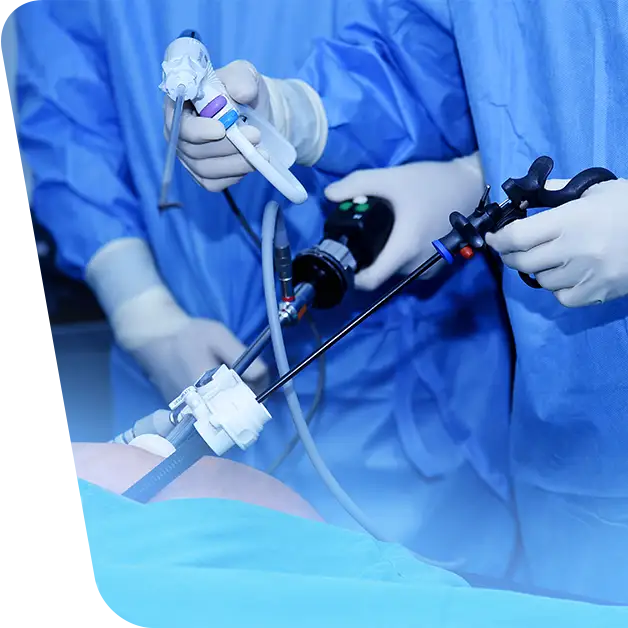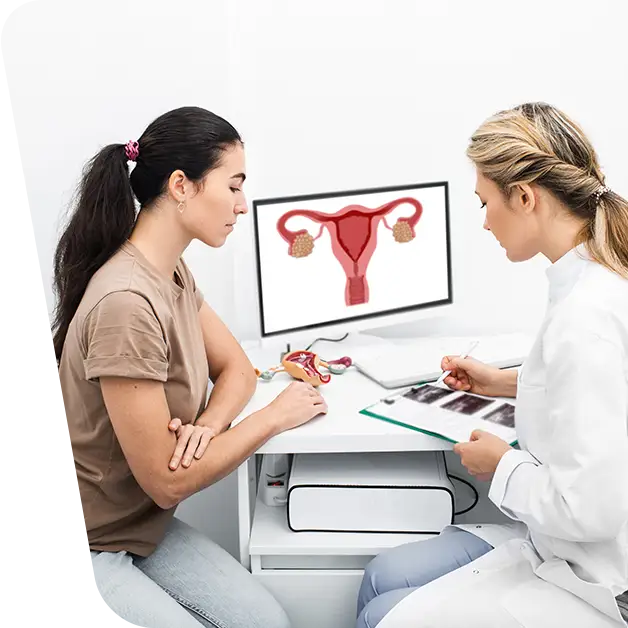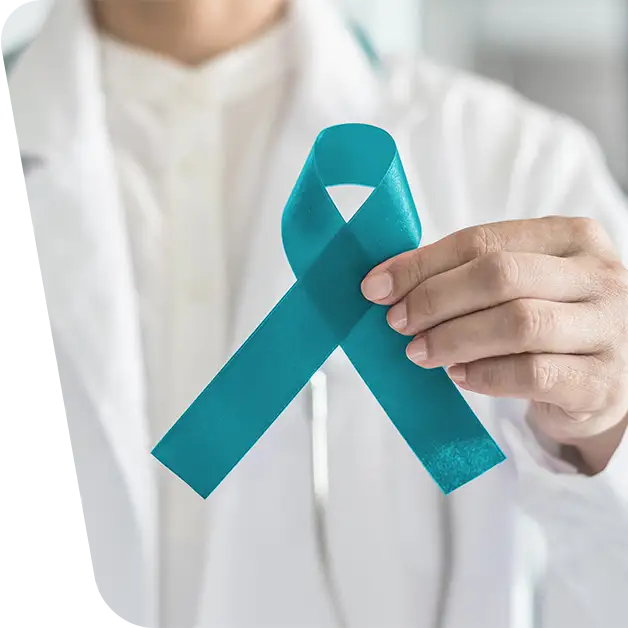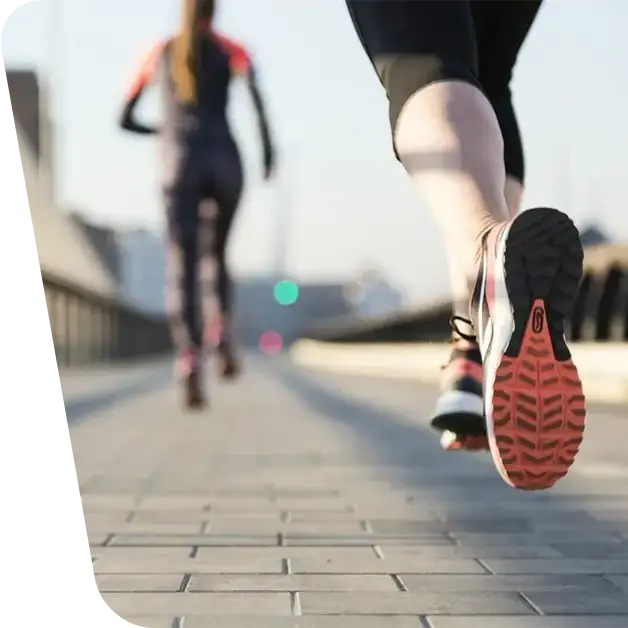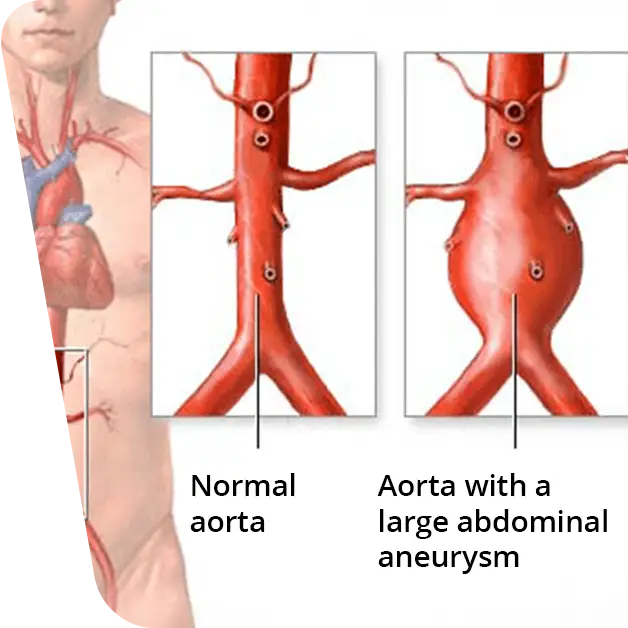Diet after cholecystectomy. Which foods are allowed, and which are forbidden after gall removal surgery? It’s one of the questions that plague us, especially after undergoing this procedure. In the article below we promise to shed some light and answer as many questions as possible.
Table of contents
ToggleWhat does the post-cholecystectomy diet mean?
It means what we are allowed to eat after the operation. The diet can be restrictive due to the surgery, then become somewhat permissive as time goes by. The cholecystectomy diet is a very effective one, as you will learn below:
The removal of iron from the body very often leads to medical problems called “post-cholecystectomy syndrome”. Among the most common symptoms are: nausea and bitter taste, pain under the ribs on the right side, burning in the chest, intestinal transit problems.
How long do I have to diet after cholecystectomy?
The diet should be maintained during the post-operative period when the symptoms described above are present, but fats of any kind should be avoided at all times, as they can trigger attacks of nausea and vomiting.
List of foods allowed after cholecystectomy:
- White meat chicken;
- Turkey or beef.
Ideally it can be cooked, baked, steamed or grilled and seasoned with herbs and vegetables for extra flavor.
Lean fish can be eaten freshly baked or roasted, boiled or as a gratin.
The patient may consume sweet cow’s cheese, milk, yoghurt, buttermilk. These foods should be introduced gradually and not immediately after the operation.
Bread should be eaten in small quantities and refined flours should be cooked very well, longer than the package says (minimum 15 minutes).
Courgettes, carrots, lettuce, young green beans, peppers, tomatoes, egg-plants, cauliflower or spinach can be eaten as stir-fries, soufflés, smoothies, salads or puddings. Potatoes should be eaten baked or boiled.
Ripe fruits can also be eaten well as ripe fruit purees, juices, compotes or in various preparations.
Eggs may be eaten, after surgery, but in moderation in the form of a diet omelet, depending on each patient’s tolerance. Your doctor will advise you on this.
Aromatic spices such as dill, basil, parsley, tarragon, thyme and bay leaf can also be eaten.
Homemade chicken soups, vegetable creams, lean meat or bone soups, and broths are also permitted.
Sauces can only be eaten if they are cooked dietetically, with little fat and little flour to bind the preparation. Ideally, they should not be thickened with starch.
As for desserts made from dietary doughs, our recommendation would be that they have a rich content of cottage cheese, fruit, fruit juice jellies, honey, or diet biscuits.
The water you drink should be plain or low in mineral content and in no case mineral (bubbly).
Salt can be consumed in normal quantities unless there are contraindications.
Daily menu after cholecystectomy surgery
After gallbladder removal surgery patients should eat more often and less, dividing the diet as much as possible into 3 main meals and 2 snacks.
Recovery after cholecystectomy varies between two and four weeks, depending on the type of surgery. This interval is shorter after laparoscopic cholecystectomy and longer after classic cholecystectomy, in which the muscles of the abdomen have been sectioned and then sewn up. Muscle healing takes longer (about one month).
During this time, factors that increase abdominal muscle tension should be avoided, such as intense physical exertion (exercise, lifting weights, etc.) and increased abdominal pressure through bloating or constipation, which can lead to ruptures or other internal complications. The patient should therefore avoid foods that cause bloating (legumes and especially beans, lentils, chickpeas, peas, some raw fruit and cabbage).
Protein can still be consumed (fish, skinless chicken, turkey, veal, skimmed milk and yoghurt, white cheeses such as urda or ricotta) as well as fruit, cooked vegetables, wholegrain cereals such as oats and linseed, brown rice, wholegrain bread.
On the first postoperative day, however, the patient will consume only liquids and lighter foods (clear soup, cottage cheese), and the diet can be extended to 2-3 days if cholecystitis has been operated on “as an emergency”. It is important to maintain an optimal level of hydration. This means a consumption by the patient of plenty of plain water, herbal teas or natural juices, from vegetables or fruit.
Proper diet after surgery helps reduce pain and physical discomfort, and helps the body adapt to the new status. A high-fiber diet is recommended after the operation. This will help to maintain a normal bowel movement without diarrhea or constipation. It may happen that in the first few days, the bowel may be sluggish. In case of diarrhea, simple foods such as rice, boiled chicken and possibly some spices should be eaten.
After gallbladder removal surgery, avoid: fatty meats (pork), bacon, sausages, sausages, ham, beef, whipped cream, high-fat cream, whole milk, cheese, butter, chocolate, cream cakes, pizza, fast-food sandwiches, waffles, snacks, crisps and semi-prepared or frozen foods.
Oil is not banned altogether, but consumption should be in moderation, as with foods such as cheese, cheese curd, eggs, nuts or other fatty seeds (pumpkin or sunflower).
The consumption of spirits is prohibited during this period of recovery.
Foods not recommended after cholecystectomy.
- Fatty meat of sheep, pig, game, goose, sausages, canned meat, fatty fish;
- Fatty or fermented cheeses, high-fat cream or processed cheese;
- Fried eggs, omelet with sausage and lots of spices, mayonnaise or egg yolk. Ideally boiled egg;
- Fried fats of any kind should be excluded from the start: lard, bacon, butter, butter, palm oil;
- Flour products or pastries are not recommended for a body recovering from cholecystectomy surgery.
Creamy and very greasy bakery cakes, those with a lot of butter or those prepared with peanuts, nuts, coconut, cocoa, chocolate or ice cream should be avoided.
For a longer period of time, avoid soups with a thickening of yolks, fatty soups, borsch *enriched* with cream.
And in the case of spices, pepper, hot peppercorns, mustard – in other words, anything peppery or spicy.
Carbonated drinks like fizzy juices don’t belong. Even mineral water is not recommended, as it can lead to bloating.
Failure to follow the diet after cholecystectomy surgery leads to symptoms such as: bitter taste, even persistent diarrhea, nausea, vomiting, pain under the ribs especially on the right side, decreased appetite.
The recommendations of Venart’s team of medical specialists are:
“First of all, maintain a moderate and balanced diet; more frequent small-volume meals and avoidance of fat consumption can be successfully integrated so that small amounts of bile in the intestine are sufficient for digestion. Secondly, any changes during recovery from cholecystectomy surgery should lead to informing the doctor and even presenting to the surgery if persistent digestive complaints occur, as they may also signal serious complications.”
